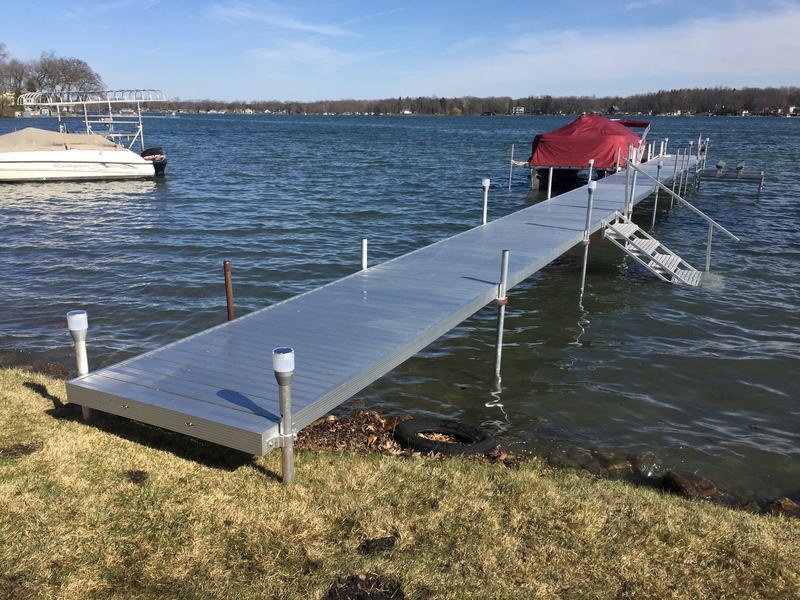Innovative Floating Dock Solutions – Designed for Performance
Floating dock systems have revolutionized water-based infrastructure by combining versatility, performance, and durability in a single design. Traditionally, docks were static structures that required continuous maintenance and sometimes were affected by water level fluctuations. However, modern floating docks have evolved into highly functional, robust solutions that offer unprecedented performance and longevity in a variety of marine environments. These innovative floating dock solutions are designed to withstand the rigors of harsh weather conditions, daily use, and the challenges posed by fluctuating tides and waves. One of the most significant advantages of floating dock systems is their adaptability. Unlike traditional fixed docks, which are anchored to the shoreline and can be affected by changing water levels, floating docks remain level with the water, ensuring consistent accessibility for boats, yachts, and other watercraft. This makes floating docks an ideal solution for areas with significant tidal changes or fluctuating water levels.

They are also perfect for locations where the terrain may be uneven or unstable, as they can be installed without the need for extensive modifications to the surrounding environment. Floating docks offer an ideal solution for residential, commercial, and industrial waterfront developments, enhancing the usability of marinas, piers, and harbors. The construction of floating docks is driven by performance and durability. They are designed to handle the demanding conditions of both fresh and saltwater environments. The materials used for construction are typically corrosion-resistant, such as marine-grade aluminum, stainless steel, and high-density polyethylene HDPE, ensuring the docks maintain their structural integrity over time. These materials are specifically chosen for their resistance to rust, mold, and decay, providing long-lasting performance in environments where other materials may fail. Furthermore, floating dock manufacturer the modular design of many floating dock systems allows for easy customization and scalability.
Modules can be added or removed to adjust the dock’s size and configuration, accommodating a wide range of boating activities or even expanding dock capacity as needed. The ability to customize floating docks to meet specific needs is another key advantage. Many modern floating dock solutions are designed with advanced features, such as integrated lighting, secure mooring systems, and environmentally friendly options like solar power generation. Dock systems can also include built-in storage, fuel pumps, and waste disposal units, providing a full-service experience for boaters and waterfront users. Additionally, jet ski floating dock for sale the materials and designs can be tailored to suit aesthetic preferences, with various color and texture options that complement the natural surroundings. In terms of durability, floating docks are built to endure extreme weather conditions, from intense storms to freezing temperatures. The buoyancy of these docks ensures they remain stable even in choppy waters, and the use of UV-resistant materials ensures they will not degrade under prolonged sun exposure.